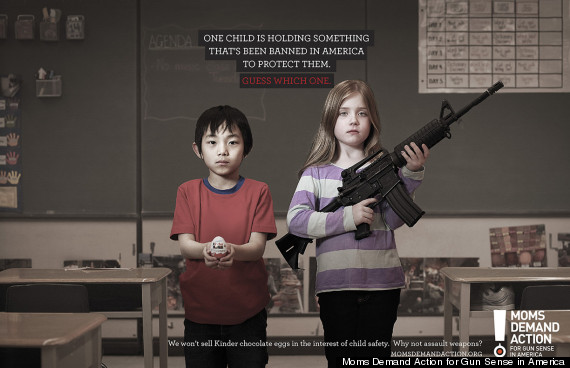Ellen Ratner, in her article “They’re Syrian Refugees, Not Migrants” (2015), argues that the United States has not done its part in allowing refugees fleeing Syria, Iraq, and Afghanistan to enter its borders and that it’s time for us as Americans to take responsibility. Ratner makes her argument by first bringing in a quote from an esteemed member of the United Nations that asserts that the refugees are not migrants and need to be taken care of and treated with respect, then describing other occasions in which refugees have been turned away by the US and left to die, and finally, stating clearly that the United States has obligation to support refugees, as stated in the U.N. Convention and Protocol Relating to the Status of Refugees. Ratner’s purpose is to make the American people aware of the costs of turning refugees away in order to convince people to stand up for the refugees. She uses quotations and historical facts to create a logical argument that appeals to an educated audience.
I agree completely with Ellen Ratner in regards to her views on this issue. Taking in refugees, though perhaps a complicated process, is the moral and ethical thing to do, and politics should not matter. Taking in refugees saves people’s lives. Turning them away essentially means that you don’t care whether they live or die. Clearly I feel strongly about this issue, but I think that my ideas are influenced by how the Jews were treated during the Holocaust. Most countries, especially the United States, turned away the Jewish refugees fleeing Europe, and that makes me feel as though those countries now have the responsibility to make up for it. Ratner emphasizes that the US is getting around helping the Syrian refugees by referring to them as migrants, not refugees, which I think is disgusting. Why should the US want to get out of helping people? To me, it seems as though the US is being arrogant. If, for instance, the US was taken over and we all became refugees, you can be sure that all the people who are uncertain about helping the Syrian refugees would change their minds. I hope that someday soon the American policy regarding refugees will change for the better. http://www.wnd.com/2015/09/theyre-syrian-refugees-not-migrants/

